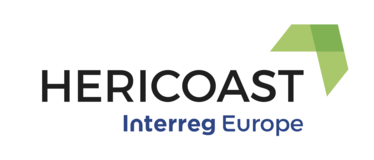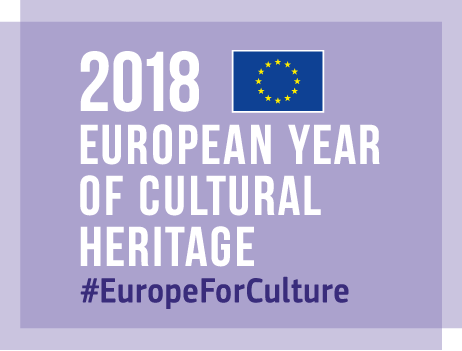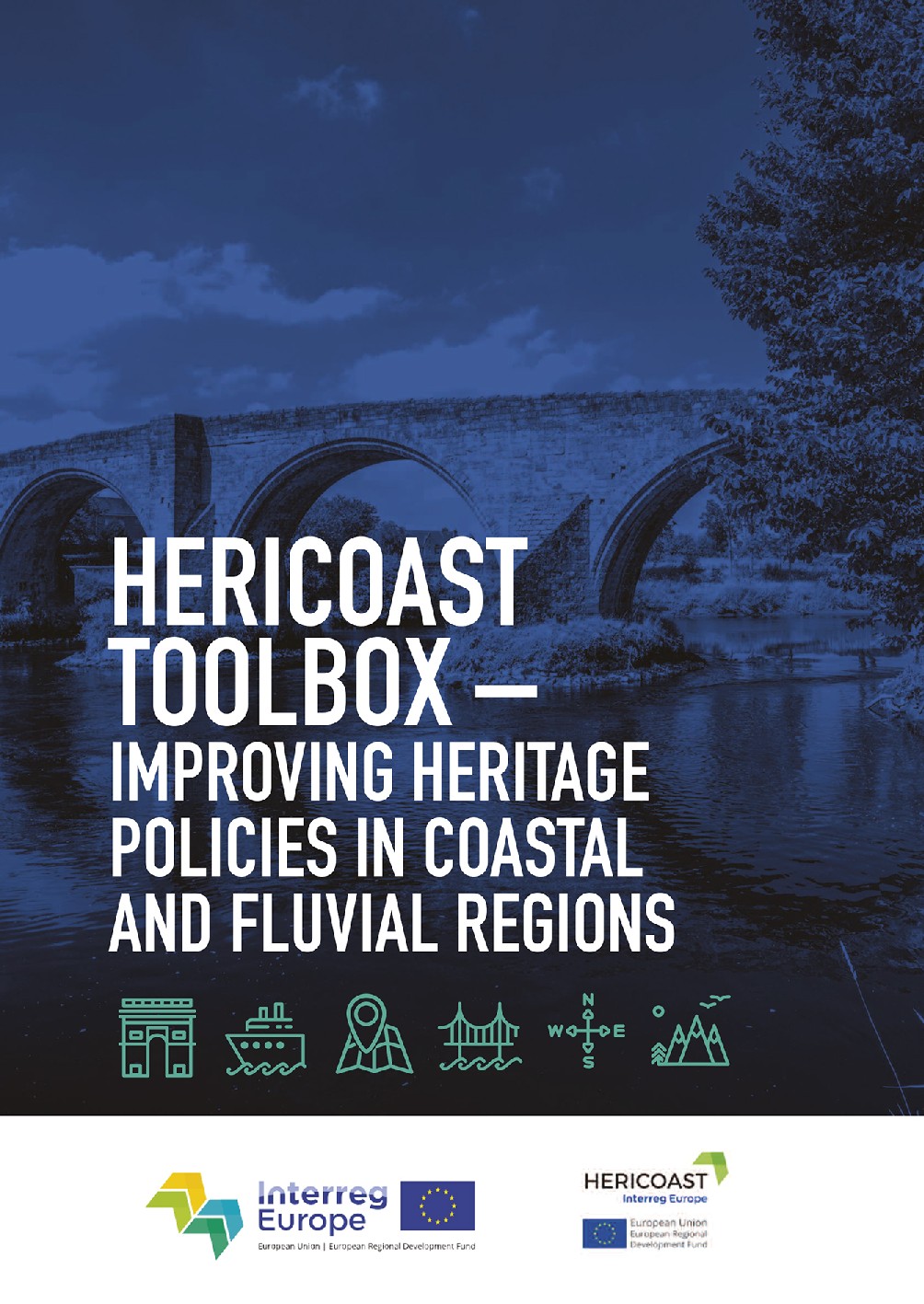Workshop speakers:
- Nicola Favia, Director of the Cohesion Policy Department and Head of Adriatic-Ionic Strategy
- Fabio Fava - University of Bologna
- Flavia Zuccon, Director of the Territorial Cooperation and Macro-Strategic Organizations - Veneto Region
- Riccardo Strano, Manager of the Strategy of the Adriatic Macro-Region - European Territorial Cooperation - Marche Region
- Alfredo Malcarne, President of Assonautica Italiana
- Marin Miletic, Project Manager Technical Secretariat of the European Territorial Cooperation Program "Italy - Croatia"
- Luca Penna - Chamber of Commerce of Pordenone “Concentro”
- Elodie Nunes - CRPM (Conference of Peripheral and Maritime Regions)
The meeting starts at 10.40 am
After the institutional greetings, Mariarosaria Simonelli, Director of the Development Policies Department of Molise Region, opens the work of the Tematic Steering Group, introducing the EUSAIR Strategy, as the focal point of cooperation for the Adriatic-Ionian Macro-Region. Then Mario Ialenti, Head of the European Territorial Cooperation Office of Molise Region provide a brief overview of the actions launched by Molise Region.
The speakers present the four pillars of the EUSAIR Strategy, in particular the Pillar 1 - Blue Growth, after the EUSAIR' second Forum in Ioannina (Greece), and talk about opportunities and needs related to the Topic 1 “Innovation and Research” - blue technology.
Very interesting the interventions who highlight the opportunities offered by the European call for proposals for Blue Growth incentives: aquaculture research and innovation.
Subsequently an overview about sea economy in 2017 and a report on the development of Blue Technologiesfor the creation of an Adriatic-Ionian Macro-regional Cluster are provided.
To exploit the issues addressed, all of speakers suggest a "cross-pillar" view, through the following priorities:
- reduction of environmental impact;
- greater sustainability of fisheries and aquaculture;
- the launch of an industry using the biological resources of the area;
- reduction of energy consumption;
- actions to counteract the emergency of pollution;
- the need for more sustainable infrastructures.
Afterwards the theme of the year of the Italian Presidency of Pillar 1 "Blue Growth", within the Adriatic - Ionian Regional Strategy, is introduced and the importance of Italian leadership within EUSAIR, the role of the regions and their co-ordination are underlined. Blue Growth is presented as a development flywheel and the need for a solid project supported by valid ideas, which can then be funded, is recognized.
The main challenges the Thematic Steering Group 1 has to face:
- to define themes and priorities that promote a focus on maritime activities;
- targeting EU and non EU funds / investments towards the blue economy in the Adriatic - Ionian region;
- promote the creation of districts between companies, research and institutional actors;
- activate collaborative relations with stakeholders and Program Management Authorities;
- increase the knowledge and skills of maritime workers.
- create macro-regional clusters.
Within this conversation on blue growth, the Project Manager Adolfo Fabrizio Colagiovanni introduces the HERICOAST project to the participants, mentioning the reference partnership and the initiatives carried out on the territory and abroad with a focus on management of the cultural and natural heritage of the coastal landscape. Then he presents the next workshop of the project, which will be held in Molise at the end of October. He gives the floor to the Project Assistant, Alessia Finori, who illustrates the best practices identified by HERICOAST' Project Partners and shared among them.
The present stakeholders (University of Molise, Experimental Zooprophylactic Institute of Abruzzo and Molise -Teramo (CH), Molise Orientale and many others) show their interest in the project and its development, especially the possibility to share and exchange best practices between different countries.
At this time two brochures are distributed to the participants, one concerning Molise's best practices and the other one about best foreign practices.
At the end of the meeting, Mr. Ialenti thanks everybody for attendance at the event and for the contribution provided.
The workshop ends at 6.50 p.m.



